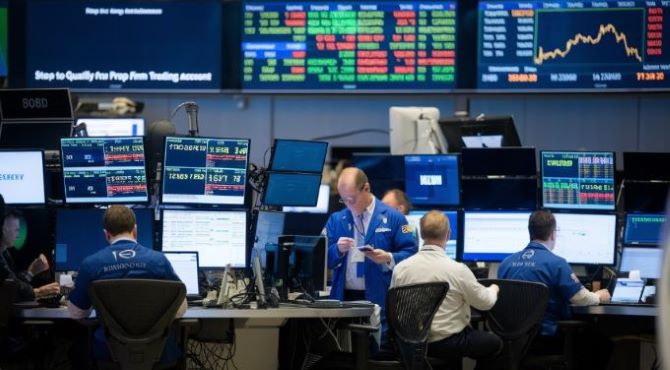Bitcoin futures, an increasingly popular financial product, allow traders to speculate on the price of Bitcoin without actually owning the cryptocurrency. These derivatives can be traded on numerous futures trading platforms that offer unique features for Bitcoin enthusiasts. This article offers an in-depth review of Bitcoin futures on some of the top futures trading platforms, examining key features, benefits, and considerations for traders.
What Are Bitcoin Futures?
Bitcoin futures are standardized contracts that allow traders to agree to buy or sell Bitcoin at a predetermined price at a future date. These contracts allow traders to speculate on the price movements of Bitcoin without the need to own the cryptocurrency itself. Futures contracts on Bitcoin are available through various exchanges and are settled either in cash or physical Bitcoin.
Advantages of Trading Bitcoin Futures:
- No Need to Own Bitcoin: Traders can profit from Bitcoin price movements without actually owning any Bitcoin.
- Leverage: Futures trading often allows for significant leverage, meaning traders can control a large position with a relatively small amount of capital.
- Short Selling: Bitcoin futures allow traders to profit from both rising and falling markets, making it possible to take advantage of market volatility.
- Hedge Against Price Volatility: Bitcoin futures provide a way to hedge against sudden price fluctuations in the crypto market, allowing both institutional and retail traders to manage risk.
The Role of Futures Trading Platforms
Futures trading platforms are the venues where traders can buy and sell Bitcoin futures. These platforms offer a wide range of tools, including advanced charting, risk management features, and real-time data. The platforms chosen by traders often influence their success due to differences in liquidity, fees, and available tools.
Here are some of the best futures trading platforms for trading Bitcoin futures:
- CME Group:
- Overview: CME Group is one of the largest and most established futures exchanges globally. It offers Bitcoin futures contracts that are cash-settled and backed by institutional-grade security.
- Pros: Highly liquid, regulated exchange, trusted by institutional investors.
- Cons: High margin requirements, suitable primarily for experienced traders.
- Binance:
- Overview: Binance is one of the largest cryptocurrency exchanges globally, offering Bitcoin futures contracts with competitive fees and low spreads.
- Pros: Low fees, high leverage, and a wide range of other cryptocurrency futures.
- Cons: Less regulated compared to traditional exchanges like CME, which may deter institutional traders.
- Kraken:
- Overview: Kraken is known for offering a secure platform for cryptocurrency trading, including Bitcoin futures contracts. It provides both perpetual and fixed-date contracts for futures trading.
- Pros: Strong security features, low fees for Bitcoin futures trading, and strong customer support.
- Cons: Lower liquidity compared to Binance or CME, meaning spreads can be wider at times.
- FTX (Currently Suspended due to insolvency issues):
- Overview: FTX was a popular cryptocurrency exchange offering a broad range of futures contracts, including Bitcoin futures. While it has faced significant issues, it was once a dominant player in this space.
- Pros: Low fees, high leverage, and access to a wide range of cryptocurrency futures.
- Cons: As of now, FTX is unavailable, and traders need to consider alternative platforms.
- Bybit:
- Overview: Bybit is a top-rated futures platform offering both traditional and perpetual Bitcoin futures contracts. Known for its low latency and high liquidity, Bybit is a favorite among many traders.
- Pros: High liquidity, low fees, and a user-friendly interface.
- Cons: Limited to cryptocurrency futures, with no other asset types.
Factors to Consider When Trading Bitcoin Futures
- Leverage: Bitcoin futures are often traded with leverage, allowing traders to amplify their profits (or losses). The level of leverage varies across platforms, with some offering as much as 100x leverage. Traders should be mindful of the risks that come with high leverage.
- Fees and Spreads: Futures platforms charge various fees, including trading fees, withdrawal fees, and sometimes fees for holding a position overnight. The spread (the difference between the buy and sell price) can also impact profitability, especially for traders using high leverage.
- Risk Management Tools: Top trading platforms offer various risk management tools such as stop-loss orders, take-profit orders, and automated trading bots. These tools help traders minimize losses in volatile markets like Bitcoin.
- Regulation: Regulation is an important factor, especially for institutional


